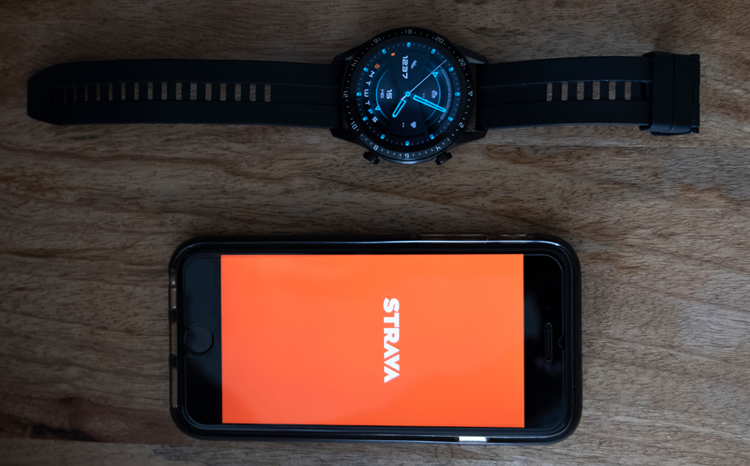IT bungles spark calls for industry to be regulated for ethical standards
- 16 November 2020

The IT industry should be regulated to ensure ethical standards are upheld in areas such as artificial intelligence, a new survey has found.
It comes as a number of high profile public sector programmes suffered IT blunders, including the use of Microsoft Excel causing nearly 16,000 Covid-19 cases to go unreported for days.
A poll by BCS, The Chartered Institute for IT, found 59% of people believe the profession should be kept focussed on solving society’s problems by an independent regulatory body.
In contrast, only 23% felt that big tech companies should have the task of enforcing the industry’s ethical standards, while 22% said politicians should have the job.
Half of the 2,000 respondents felt they could trust computer scientists to create artificial intelligence (AI) that is focused on improving the quality of their life.
Andy Phippen, a fellow of BCS and Professor of IT ethics and digital rights at Bournemouth University, said: “There are plenty of people within academia who would view ethical parts of the curriculum as a distraction from ‘proper’ courses that consider technical facets of computer science.
“One test I have often done with computer science students is ‘would you get onto an aeroplane you’d written the software for?’ Most will say no.
“Given the greater prevalence of algorithms and increasingly sophisticated artificial intelligence being used in government and private sector systems to decide things about our lives, it is essential that anyone studying computer science also receives a good grounding in ethics and social responsibility.”
Phippen said that while we have “patches” of IT regulation, including the Information Commissioner’s Office, the “right oversight” across all aspects of IT is yet to be established.
“Many people who have not studied computer science are involved in the design, delivery, implementation, running and assurance of computer systems. They should all be appropriately qualified and independently accredited.”
Last month an inquiry was launched after nearly 16,000 cases of Covid-19 went unreported between 25 September and 2 October.
The bungle was reportedly due to an error with a Microsoft Excel spreadsheet. It is believed Public Health England (PHE) developers used an old file format known as XLS, which can only handle about 65,000 rows of data. When the spreadsheet reached its maximum size it prevent new cases from being added to the file.




